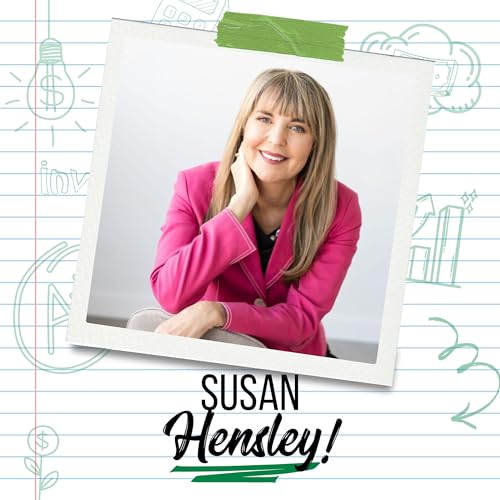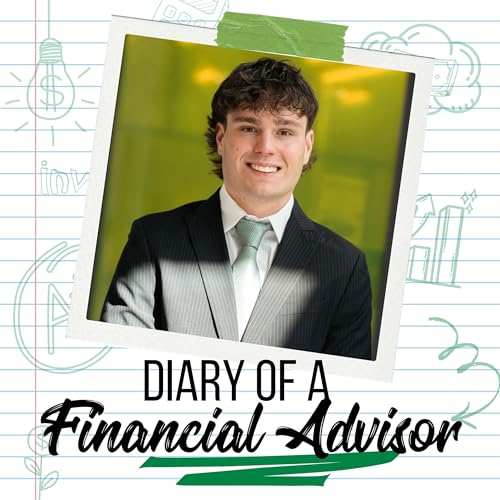Welcome back to Don’t Retire… Graduate! In this episode, we’re diving deep into the emotional and creative side of life’s biggest transitions—especially retirement. My guest, Susan Hensley, is a transformational coach, speaker, and author whose mission is to help individuals navigate major life changes with joy, creativity, and resilience. With decades of experience as a corporate executive and leadership coach—and a background in HR and journalism—Susan brings a unique perspective on how we can move through uncertainty without losing ourselves, and, in fact, discover new meaning and color in our lives.
Susan and I explored not just the financial aspects of retirement, but the psychological transformation it brings. We talked about the loss of identity, the paradox of newfound time, and why many of us feel adrift or even terrified approaching this stage, despite years of planning. What sets Susan apart is her use of art journaling as a tool in her coaching practice—a process open to anyone, even self-professed non-artists like me! Susan described how creative expression helps process emotions, unlock inner wisdom, and rediscover the sense of play we all had as children. Together, we discussed letting go of the “big P” purpose that often defines our working years and embracing instead a series of “small p” purposes rooted in daily curiosity, microlearning, and the willingness to experiment and shed old identities.
The episode is both reassuring and invigorating, reminding us that the journey into retirement—or any major transition—isn’t a one-time molting, but an ongoing metamorphosis filled with opportunities to reinvent ourselves, explore new interests, and find joy, even in the messy middle. Susan shared practical advice for managing the daunting blank canvas of retirement, finding joy in both purpose and in play, and learning to balance optimism and fear as we take on the next chapter.
Key Takeaways:
- Art Journaling as Transformational Coaching: You don’t have to be an artist to benefit from art journaling—it’s a tool for self-expression and emotional processing during uncertain times, accessible to anyone who can doodle, collage, or simply make marks on a page.
- Reimagining Purpose in Retirement: Life after work isn’t about finding a new singular “big P” purpose, but rather about embracing a series of “small p” purposes that evolve, shift, and can be explored daily through curiosity and microlearning.
- Managing the Identity Shift: The transition into retirement brings grief, loss of status, and uncertainty about who we are, but it also opens opportunities for shedding old identities and trying on new ones without long-term commitment.
- Structuring the Blank Canvas: If you’re used to being busy, it helps to gently reintroduce structure post-retirement—but leave intentional space for creativity and exploration, embracing both boredom and talent for value creation in new forms.
- Joy as a Guiding Principle: Purpose and joy are not mutually exclusive; in fact, real fulfillment comes when we allow them to intersect—by finding glimmers of excitement and allowing ourselves to pursue whatever sparks curiosity, even if it ends up being a brief detour.
Join us as we challenge assumptions, confront fears, and celebrate the potential for play, curiosity, and new beginnings at any stage. Don’t forget to subscribe, rate, and share this episode with anyone ready to graduate into a more joyful, inventive future!
For more on Susan Hensley, including her book Art for Your Sanity and free downloadable resources for art journaling, visit susan-hensley.com. Let’s inspire each other to stay both terrified and optimistic—and above all, curious—about what comes next!
[embed]https://youtu.be/uHc8KZ5Rw3Y[/embed]
 Nov 13 202534 min
Nov 13 202534 min 13 min
13 min 36 min
36 min Oct 23 202510 min
Oct 23 202510 min 34 min
34 min 11 min
11 min Oct 2 202531 min
Oct 2 202531 min 15 min
15 min
